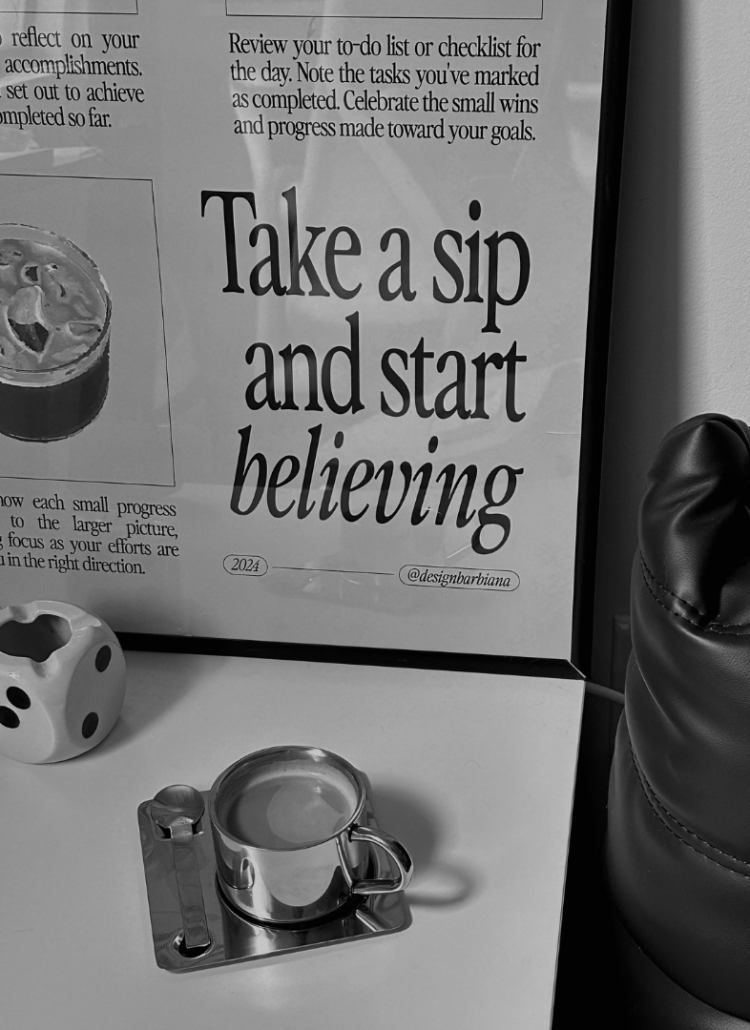Last Updated on 9 months ago by Kasey Lynch

Have you ever found yourself tossing and turning around the time of a full moon? You’re not alone. Many people (including myself) report experiencing restless nights, vivid dreams, or difficulty falling asleep as the moon waxes to its fullest. This concept was introduced to me by my therapist a couple of years ago and it completely changed my understanding of my sleep cycle.
While scientific research is still exploring the depth of this connection, historical and anecdotal evidence suggests that the moon’s cycles can influence our sleep patterns. Understanding how lunar phases affect our rest can help us develop a sleep routine that supports the nervous system and promotes deep, restorative sleep.
The Moon’s Influence on Sleep Patterns
Research has hinted at a potential link between lunar phases and sleep quality. A 2013 study published in Current Biology found that during a full moon, participants took longer to fall asleep, experienced reduced deep sleep, and had shorter overall sleep duration. Other studies have suggested that melatonin levels — our body’s natural sleep hormone — may dip around the full moon, making it harder to wind down at night.
Several theories attempt to explain this phenomenon:
- Increased Light Exposure: Before artificial lighting, the brightness of a full moon may have naturally disrupted sleep cycles.
- Electromagnetic Changes: Some researchers propose that the moon’s gravitational pull might subtly affect the body’s internal rhythms, similar to how it influences ocean tides.
- Evolutionary Factors: Historically, a full moon meant increased visibility, possibly making our ancestors more alert to predators and dangers.
Regardless of the exact cause, many people intuitively feel that their sleep is lighter and more disrupted around a full moon. Fortunately, there are ways to support your nervous system and create a sleep-friendly routine to help counteract these effects.
Establishing a Well-Rounded Sleep Routine Around the Full Moon
To minimize the impact of lunar fluctuations and promote consistent, deep sleep, try incorporating these practices into your nightly routine:
1. Optimize Your Sleep Environment
- Block Out Light: Since the full moon emits extra brightness, use blackout curtains or an eye mask to keep your bedroom dark.
- Reduce Screen Time: Blue light from screens can suppress melatonin production, so aim to power down at least an hour before bed. If you need to keep the screens on, consider wearing blue light glasses to prevent too much disruption.
- Cool, Quiet, and Comfortable: A room temperature around 65°F (18°C) and a noise-free environment can support better sleep.
2. Expel Excess Energy Through Movement
- Daily Exercise: Engaging in physical activity during the day can help regulate your body’s natural sleep-wake cycle and release built-up tension.
- Outdoor Activity: Spending time outside, especially in the morning, can help balance your circadian rhythm and promote better sleep at night.
- Evening Wind-Down Workouts: Opt for lower-intensity activities like stretching, yoga, or a leisurely walk in the evening to avoid overstimulation before bed.
3. Support Your Nervous System Before Bed
- Herbal Teas & Supplements: Chamomile, valerian root, and magnesium can help calm the nervous system and promote relaxation.
- Breathwork & Meditation: Deep breathing exercises and guided meditation can activate the parasympathetic nervous system, which is responsible for relaxation. I regularly put on a guided meditation or affirmations to help lull myself to sleep!
4. Align with the Lunar Cycle
- New Moon Reset: The new moon is a great time to set intentions, reflect, and practice deep rest. Use this phase to reinforce healthy sleep habits.
- Full Moon Wind-Down: During the full moon, prioritize extra wind-down time in the evening. Engage in calming activities like journaling, reading, or taking a warm bath with Epsom salts.
- Track Your Sleep Patterns: Keep a sleep journal to note any trends and adjust your routine based on how different lunar phases affect you.
Related: Soothing the Itch: Indulgent Bath Rituals for Eczema Relief
Listen to Your Body
While the moon’s influence on sleep is still being studied, you might be able to feel its effects in subtle ways. By tuning into your body’s natural rhythms and implementing a supportive nighttime routine, you can improve sleep quality and wake up feeling more refreshed — no matter what phase the moon is in.
Do you notice changes in your sleep patterns around the full moon? Try some of these tips and see how they work for you!





Leave a Reply